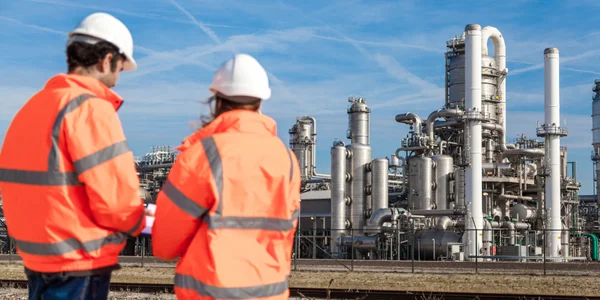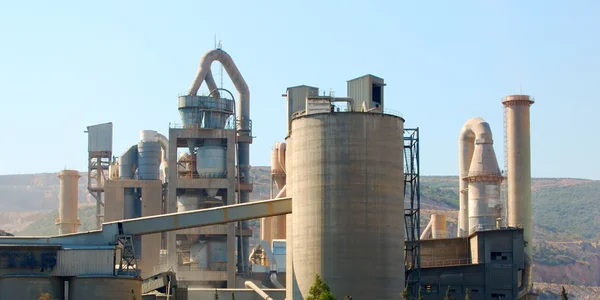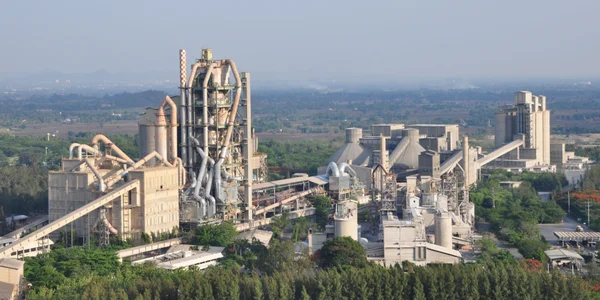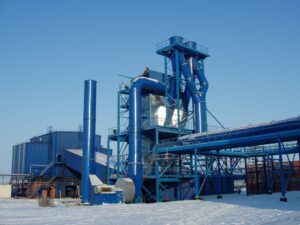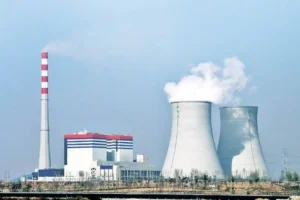Wet Scrubber
- Electrostatic Precipitators
- Reverse Air Bag Houses
- Fabric filters
- Hybrid electro filters
- Flue Gas Desulphurization
- Forced draught cooler
- Scrubbers
- Gas cleaning plants
- Cyclones
- Multiclones
- VOC + Odour removal system
- Dust extraction system
- Fumes extraction system
- Explosion protection devices
- Fans and blowers
- Waste water treatment
- Air to Air Heat Exchanger
Offices
HEADQUARTER

Germany
-
Intensiv Filter Himenviro Technologies GmbH
Neustraße 45 - 49, 42553, Velbert, Deutschland/Germany - +49 20534200990
REGIONAL OFFICE

Great Britain
-
Intensiv Filter Himenviro UK Limited
47, Bath Street WS13BX, Wallsall West Midlands, Great Britain - +44 1922 628893
REGIONAL OFFICE

United Arab Emirates
-
Intensive Filter Himenviro Technologies FZE – LLC
Business Centre, Sharjah Publishing City Free Zone, Sharjah, UAE - +971-556074697
REGIONAL OFFICE

India
-
Intensiv-Filter Himenviro Private Limited
D-247/11, Sector-63, Noida - 201301, Uttar Pradesh, India - +91-120-4642-500
REGIONAL OFFICE




India
-
Intensiv-Filter Himenviro Private Limited
D-247/11, Sector-63, Noida - 201301, Uttar Pradesh, India - +91-120-4642-500
REGIONAL OFFICE




India
-
Intensiv-Filter Himenviro Private Limited
D-247/11, Sector-63, Noida - 201301, Uttar Pradesh, India - +91-120-4642-500
Wet Scrubbers For Industry
Wet scrubbers accomplish particulate collection by employing water or another liquid as the collection media. There are several different types of scrubbers; the majority of particulate scrubbers capture particles by creating a wetted target. This moist target plate could be a pool of water or the spot where a water droplet and a particle contact.
Wet scrubbers have advantages such as their versatility in temperature and moisture ranges, resilience to chemical corrosion, and low maintenance requirements. Wet scrubbers, on the other hand, need a lot of water, which must be disposed of together with the particles they collect, which reduces the efficiency of collection and raises the cost of energy. In the mineral processing industry, settling ponds are a typical method of disposing of collected particulate, and the water from these ponds is frequently recycled.
This type of collector’s pressure drop is what essentially determines how well it cleans the air. Higher air cleaning efficiency are achieved by scrubbers with higher differential pressures than by those with lower differential pressures. The range of these pressures is 1 to more than 15 inches wg. The type of scrubber selected for a given application relies on the level of air cleaning required, the amount of dust present, and the size distribution of the particles.
When treating hot, moist gases, wet scrubbers are especially useful. When moist hot gases are cleaned with fabric collectors, issues including bag blindness and condensation may occur. When scrubbers are used, these issues are resolved. Wet scrubbers, on the other hand, discharge contaminated water that needs additional treatment in a settling pond or sewage system.
Different range of Scrubbers that we provide
- Venturi Scrubbers:
- Impingement Plate Scrubbers:
- Spray Tower Scrubbers:
- Wet Cyclone Scrubbers
Advantages of Wet Scrubbers
- Safely handle combustible dust.
- Save space.
- Handle sticky or abrasive dust.
- Remove unwanted soluble gases.
- Remove fine particulate and mists.
- Minimize maintenance.
Application
Process
Our Services
Case Study
Frequently Asked Questions
1. What is a wet scrubber?
A wet scrubber is a machine that cleans dirty air by making it come into contact with a liquid, usually water. This process removes pollutants like dust and harmful gases from the air, making it cleaner before releasing it back into the environment.
2. How does a wet scrubber work?
In a wet scrubber, polluted air passes through a chamber where it meets a liquid spray. The liquid captures dust and gases from the air. The cleaned air then moves out, and the dirty liquid is treated or disposed of properly.
3. What are the different types of wet scrubbers?
There are several types of wet scrubbers, including venturi scrubbers, spray towers, and packed bed scrubbers. Each type is designed for specific industrial needs and varies in how it brings polluted air and cleaning liquid together.
4. What factors influence wet scrubber design?
Designing a wet scrubber depends on factors like the type and amount of pollutants, the temperature and humidity of the air, and the specific needs of the industry. These factors help determine the best design for effective air cleaning
5. How efficient are wet scrubbers in removing pollutants?
Wet scrubbers are very effective at removing large particles and certain gases from polluted air. Their efficiency can vary based on their design and how well they are maintained. Regular checks and proper upkeep ensure they work at their best.
6. What maintenance is required for a wet scrubber system?
Maintaining a wet scrubber involves regularly checking and cleaning parts like nozzles and pumps, ensuring the liquid used for scrubbing is clean, and inspecting for any signs of wear or corrosion. Proper maintenance keeps the system running efficiently and extends its lifespan.
7. Who are some wet scrubber manufacturers?
Several companies manufacture wet scrubbers, including Thermax, which offers a range of air pollution control solutions. Intensiv Filter Himenviro also specializes in providing customized wet scrubber systems for various industries.
8. What industries commonly use wet scrubbers?
Industries like power plants, chemical manufacturing, steel mills, and waste incineration facilities commonly use wet scrubbers. These industries produce pollutants that wet scrubbers can effectively remove from their exhaust gases.
9. How does wet scrubbing compare to dry scrubbing?
Wet scrubbing uses liquids to remove pollutants, making it effective for both particles and gases, especially in hot and humid conditions. Dry scrubbing uses dry materials and is often used when water use needs to be minimized. The choice between them depends on the specific needs of the industry.
10. How can I choose the right wet scrubber system for my facility?
Choosing the right wet scrubber involves assessing the types and amounts of pollutants your facility produces, understanding regulatory requirements, and considering factors like space and budget. Consulting with experts like Intensiv Filter Himenviro can help you select a system tailored to your specific needs.

